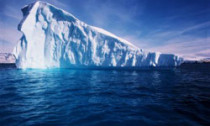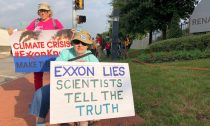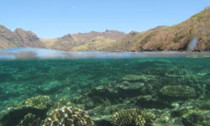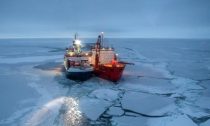
As global fish stocks that feed hundreds of millions of people dwindle, nations are scrambling to finalize by year’s end an international agreement to ban government subsidies that fuel overfishing. Yet as negotiations at the World Trade Organization resume this week in Geneva, Switzerland, new research shows that governments have actually increased financial support for fishing practices that decimate marine life, despite public pledges to curtail such handouts.
In an exhaustive survey of 152 countries, scientists at the University of British Columbia found that ocean-faring nations spent $22 billion on harmful subsidies in 2018, or 63 percent of the total amount expended to support the global fishing industry.
That’s a 6 percent rise since 2009...













Social Profiles